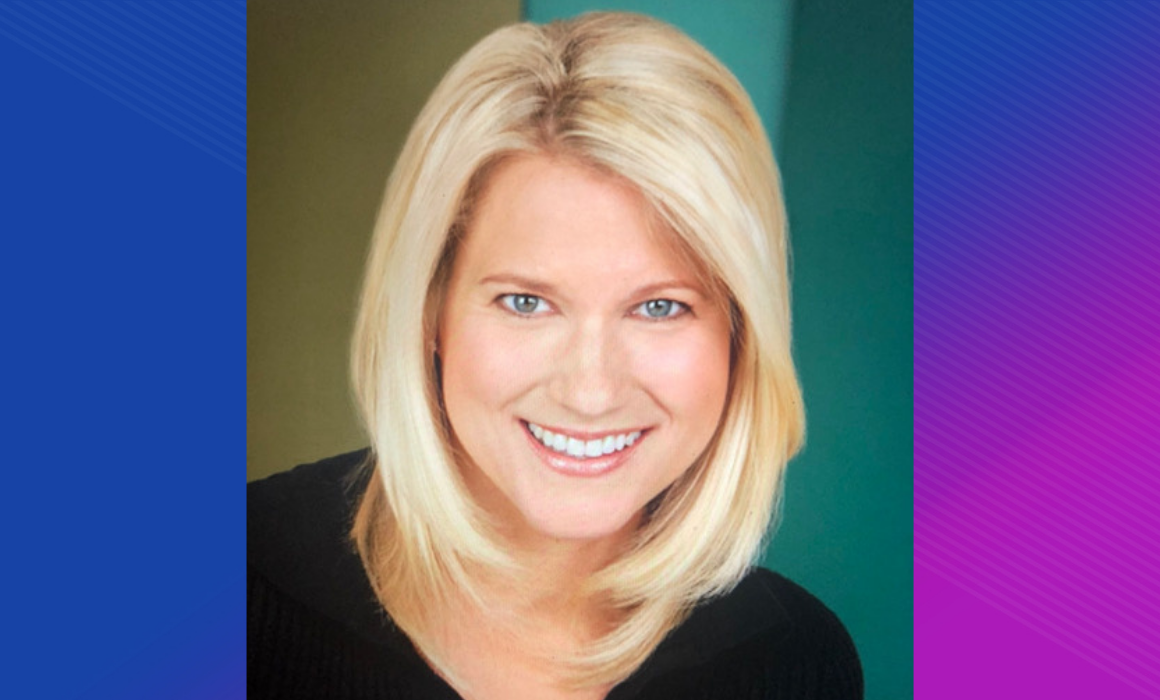
People with disabilities represent the largest minority group in the United States (1 in 4 adults, or 61 million people, live with a disability). However, educators with disabilities are rarely a topic of discussion.
With the constant emphasis in today’s public discussion on diversity, equity and inclusion, it makes sense to recognize that one of the categories within this group is teachers with disabilities, who are entering the education field and doing their job as highly effective educators. Even though many people know someone with a disability, it may not occur to them that a teacher could have a disability.
“Educators with disabilities often bring additional expertise to the job: empathy. They understand all too well what students with disabilities and students who struggle in school are going through.”
The social assumption is that all teachers are intelligent and nondisabled. Yet that is not the case. All state-licensed teachers are required to pass exams to qualify for their state-issued credentials. It is not well-known that there are “test takers with disabilities” who qualify for and receive testing accommodations, including extra time, double-time, and a separate room to minimize distractions during their Praxis or other state-required exams. Contrary to the belief that they couldn’t possibly pass these grueling exams, they do pass and become highly qualified certificated teachers alongside their nondisabled peers.
Educators with disabilities, in fact, often bring additional expertise to the job: empathy. They understand all too well what students with disabilities, and students who struggle in school socially and with their studies are going through. They are powerful role models, and can offer counsel and assistance through a personal lens. And these educators can offer other talents such as being particularly adept with technology,
having used various programs or devices for years, and are able to more easily incorporate tech into their teaching.
But what school district would hire a teacher with a disability? Due to privacy laws such as HIPAA, no employer may examine or gain access to the health records of their employees, including teacher applicants. It is against the law for any human resources department in any school district to probe, request or disclose the disability knowledge or status of a candidate.
When a teacher with a disability applies for a job, they do not put their disability label on their résumé. They list their qualifications and their credentials. Furthermore, research shows that invisible disabilities, such as learning disabilities, ADHD (attention-deficit/hyperactivity disorder),
Asperger’s syndrome, and other disorders recognized on the autism spectrum, may be concealed during interviews. This does not necessarily include those with intellectual disabilities. Consequently, in recent years, certificated teacher candidates with disabilities have been hired for positions in the competitive areas of early childhood education and primary, secondary and higher education. To the surprise of many nondisabled educators, sometimes a disabled teacher candidate is more qualified and hired for the job instead of them.
Although there have been policy initiatives to increase the employment of people with disabilities, advocacy organizations such as the National Organization on Disability continue their work to ensure equality for all workers with disabilities. This is evident particularly with the effort to eliminate subminimum wage 14(c). Thousands of Californians work in the federal 14(c) program, which lets employers pay employees less than minimum wage. Eliminating it is critical to help qualified educators with physical disabilities overcome obstacles to gain employment. Even if educators with disabilities become gainfully employed, however, often they are restricted in their placement and have limited advancement opportunities within their careers.
This issue not only impacts employers of educators with disabilities, but also impacts the communities of parents and students. Would a school district’s value decrease if it employed educators with disabilities? If students learn that their teacher has a disability, how these children learn to respond influences their attitude toward and treatment of all people they meet who are “different.” These are just a few factors to consider in having educators with disabilities in our schools.
Such challenges must be recognized by all school districts, as there is still a widespread belief that educators could not have disabilities. There is still a great need to combat the social stigma associated with disabilities, namely, that an educator with a disability has a lesser intellect. Certainly, there is a need to increase the awareness of excellent educators with disabilities in the workforce. By including educators with disabilities as role models for students, it increases their empathy, encourages them to face challenges, and enhances their belief that all educators with disabilities are valued.
United Teachers Los Angeles member Toby Tomlinson Baker, Ph.D., teaches special education in Los Angeles Unified School District and is an adjunct lecturer at CSU Los Angeles. She received the Harrison Sylvester Award for her research from the Learning Disabilities Association of America and was CHADD’s (Children and Adults With ADHD) 2018 Educator of the Year.
The Discussion 0 comments Post a Comment